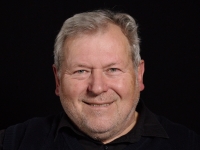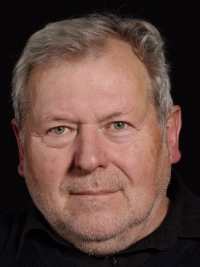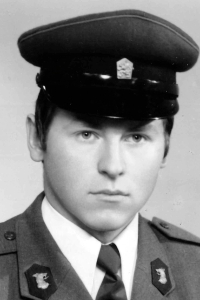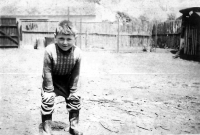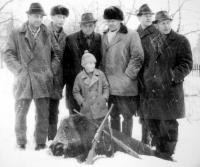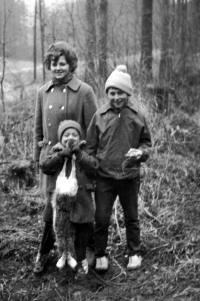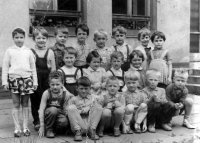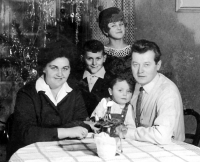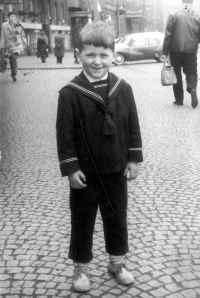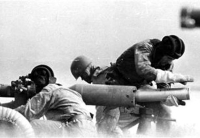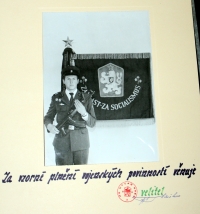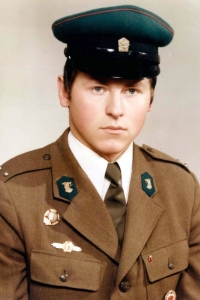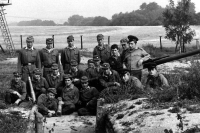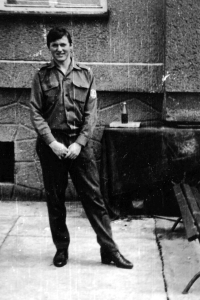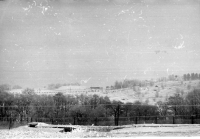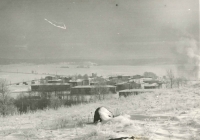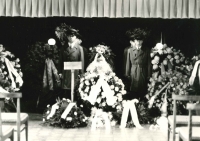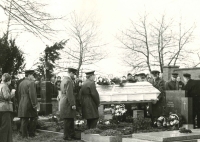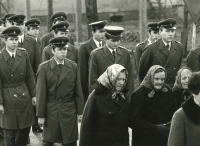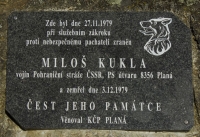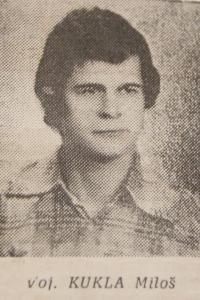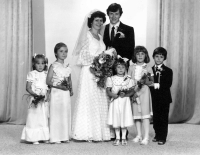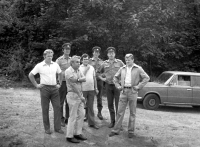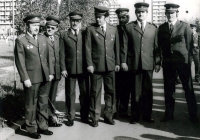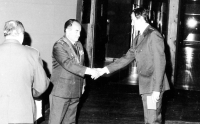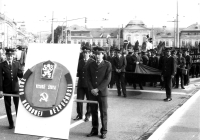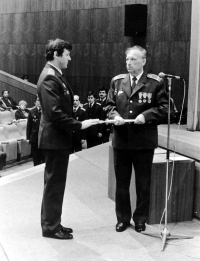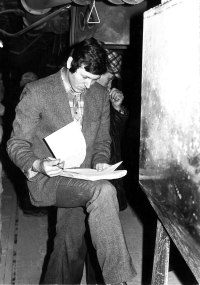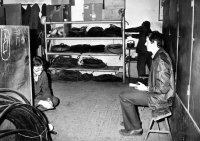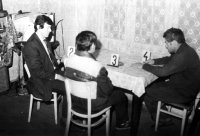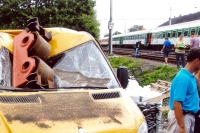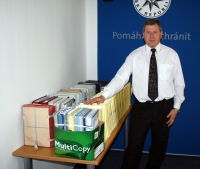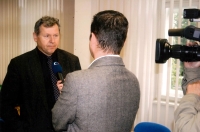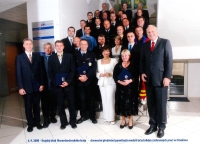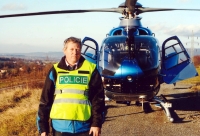After November 17, we were like snivelling dogs. Everybody hated the SNB
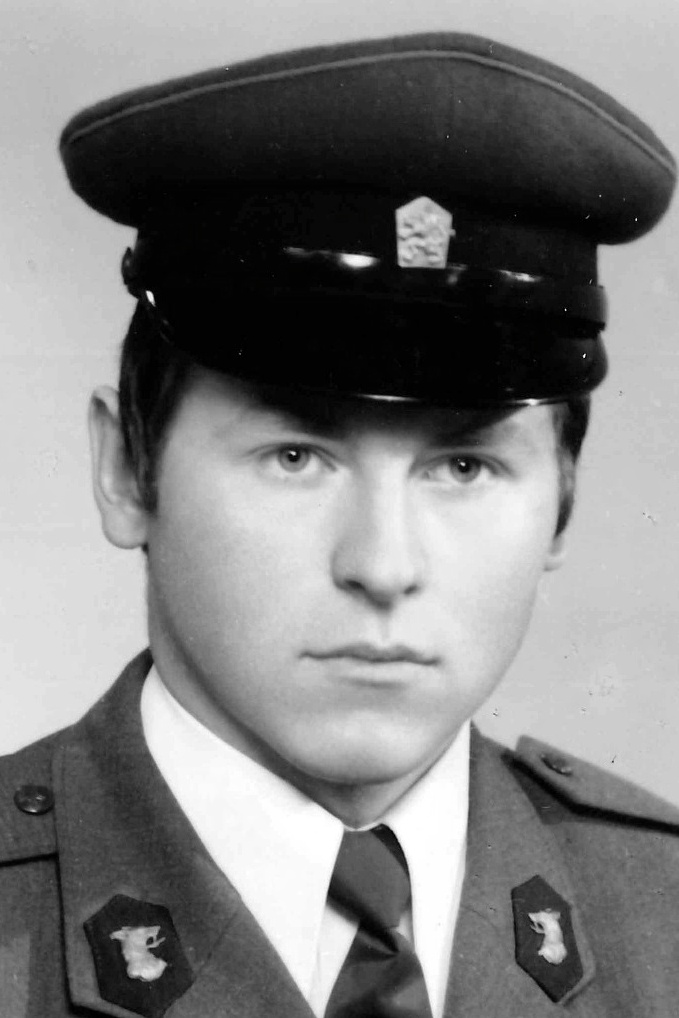
Download image
Jiří Jícha was born on 11 April 1957 in Český Těšín. He grew up in Třinec. His parents were members of the Communist Party. After training as a toolmaker, he graduated from the mechanical engineering school in Opava. As a student, he joined the Communist Party. At the end of the seventies, he completed his basic military service at the Border Guard near Mariánské Lázně. In 1979, he witnessed the death of a border guard shot during a clash with a military defector. After the war, he joined the National Security Corps (SNB) and became an investigator for the Public Security Service (VB). From 1985 to 1989, he studied at the Faculty of Investigation of the SNB College in Bratislava. After the fall of the communist regime, he joined the Police of the Czech Republic. From 1993 to 2019, he worked as an investigator at the Regional Bureau of Investigation in Ostrava, where he held the position of head of the Economic Crime Department for several years. One of the most complex cases of his career was the investigation of the high-speed train crash in Studénka in 2008, in which eight people died and nearly 100 passengers were injured. In 2024, he was living in Nový Jičín.
